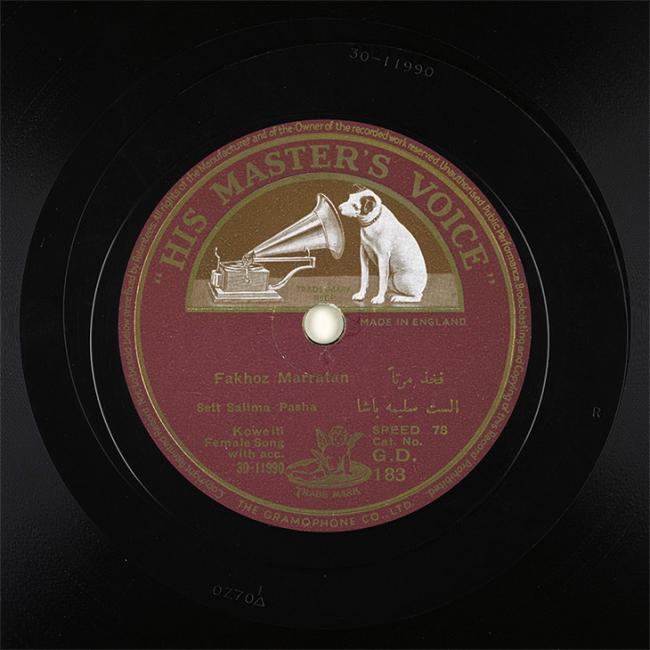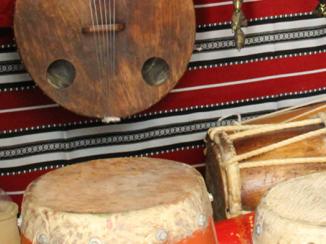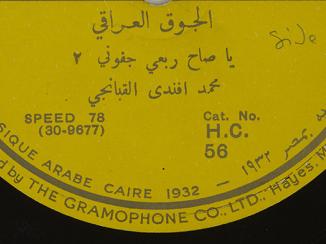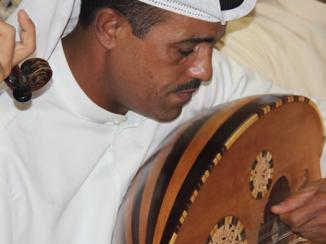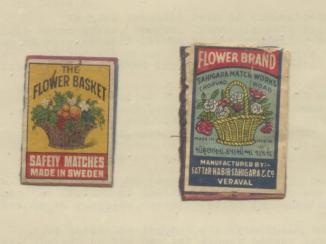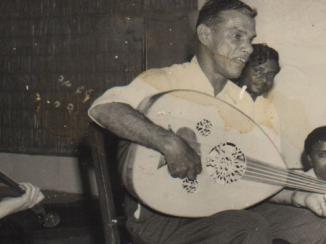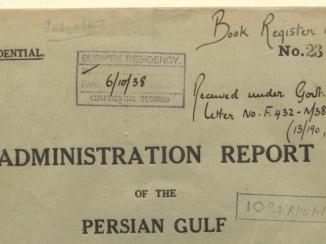Overview
In an interview with journalist Rachel Aspden, the musicologist Yeheskel Kojaman, who was born in 1921 in Iraq, vividly evoked the culturally rich atmosphere of Baghdad in the 1920s and 1930s as he remembered it. Aspden described Kojaman’s city as:
‘[...] a city of dust roads, alley markets, minarets and palm trees. Muslim, Jewish, Armenian and a few European coffee drinkers lounge in cafés where you can pay – in Indian rupees Indian silver coin also widely used in the Persian Gulf. – to pick and eat fresh salad or have a fish pulled from the Tigris and grilled in front of you. The streets, nightclubs and houses are full of music.’

From the same interview, Kojaman described the city’s absorption in the music broadcast over the radio: ‘The singer Hedeiri Abou Aziz has a radio programme every Friday from 12 noon till one [...]. For this hour, all movement in Iraq stops. Everybody is in the coffee shop or the house, listening to Abou Aziz.’
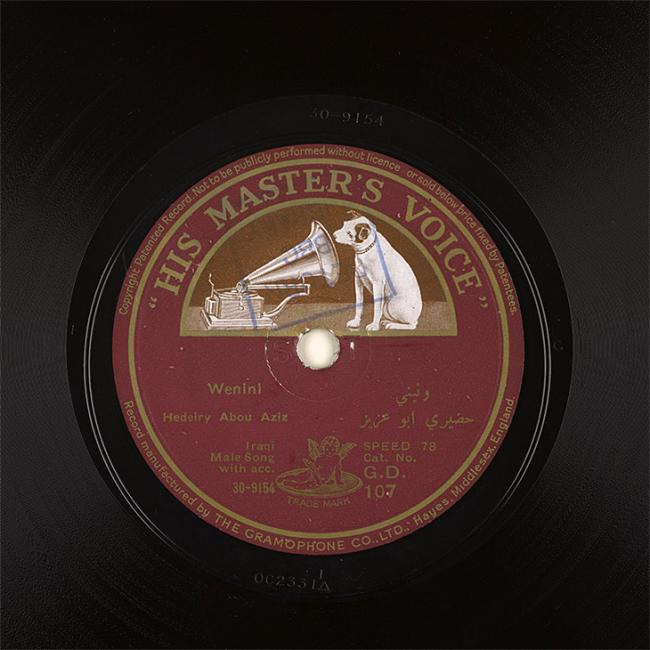
Sung Poetry and Distinctive Twentieth Century Styles
Iraqi maqam (maqām al-‘irāqī) is an urban musical genre performed by chalgi Baghdad urban musical ensembles, with the voice playing the leading role. Though the urban genre’s origin can be clearly traced earlier it has mainly been developed and documented in the twentieth century in Baghdad, Basrah, Mosul and Kirkuk. The vocal music styles pesta A short metred vocal piece sung after a long maqam performance. and rifi A set of musical styles from southern Iraq. are distinctive repertoires within the wider genre of Iraqi maqam and consist of short songs with lyrics mainly centred around themes such as love, separation, longing and sadness.
Pesta A short metred vocal piece sung after a long maqam performance. (pesteh or peste) and rifi A set of musical styles from southern Iraq. can be compared to the ṣawt genre prevalent on the Arabian Peninsula; these traditions have been passed on orally and emphasise the role of the voice and importance of the lyric sung poetry. In contrast to the ṣawt on the Peninsula, however, the Iraqi maqam tradition also seeks to express the subtleties of the chosen maqam – specific melodic progressions and structure – and is generally more melismatic in its intonation than ṣawt.
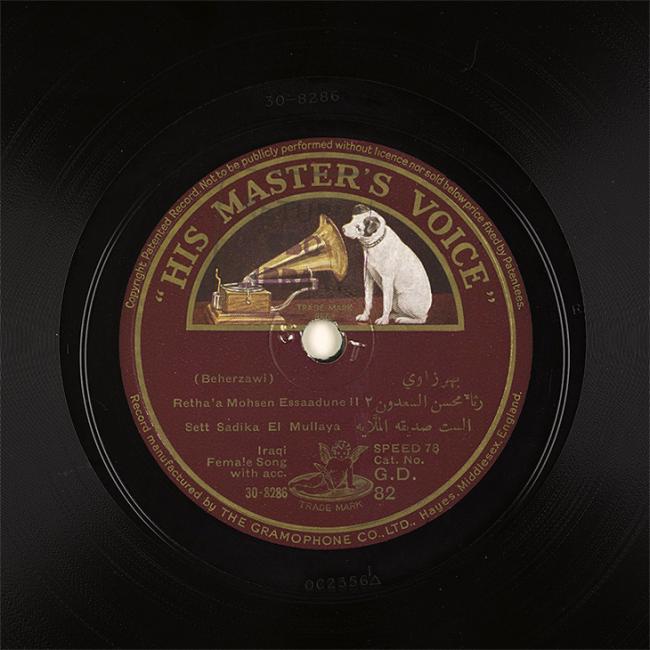
Pesta
The short vocal pesta A short metred vocal piece sung after a long maqam performance. – a metred song – is usually sung after a maqam performance. Its main role is to change the mood for the audience and to prepare them for the next maqam performance. It creates a lighter atmosphere so that the audience are able to relax and they can join in with the singing, clapping and occasional dancing. Pesta A short metred vocal piece sung after a long maqam performance. pieces also provide the instrumentalists with the chance to sing while the main singer rests.
The influence of Egyptian music – especially through broadcasts by radio stations in Iraq and Cairo – as well as the existence of numerous shellac recordings of the repertoire has contributed somewhat to the separation of the pesta A short metred vocal piece sung after a long maqam performance. genre from maqam performances. Increasingly pesta A short metred vocal piece sung after a long maqam performance. has become regarded as an independent song genre and a pesta A short metred vocal piece sung after a long maqam performance. song-cycle on its own would be considered by an audience as a complete performance.
Pesta A short metred vocal piece sung after a long maqam performance. is often sung by women, but not exclusively. It is possible that the themes of love and separation were deemed to be especially suitable for female voices. Famous female singers of the time included Mounira Hawazwaz, Salima Pasha An Ottoman title used after the names of certain provincial governors, high-ranking officials and military commanders. , who was often recorded with her husband Nazem Al-Ghazali, and Sadika El Mullaya - the honorific ‘sett’ (or sitt), meaning ‘lady’ was often used before their names. During the 1920s–1940s in Iraq it was generally not accepted for women to perform in public, which makes it more remarkable that female singers were so widely appreciated and recorded at this time.
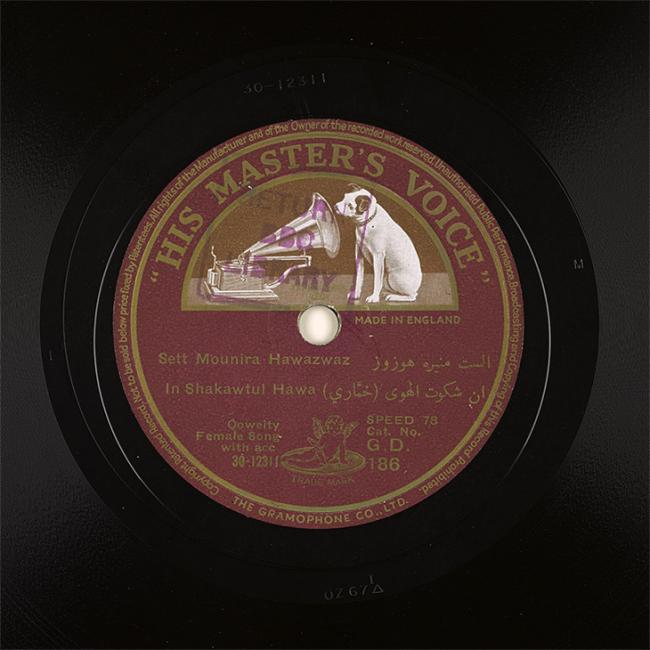
Rifi and Basta
Rifi A set of musical styles from southern Iraq. (derived from reef for countryside) is a collective term for several sub-genres of either rhythmic or non-rhythmic music styles. Its origin can be traced to the southern Iraqi countryside and to towns such as Nasiriyah and Amarah. Musically, rifi A set of musical styles from southern Iraq. is based on Bedouin music and on the bayat, hijaz and saba maqams. For instance the best-known rifi A set of musical styles from southern Iraq. singer Hedeiri Abou Aziz was born in Nasiriyah. According to Aspden, from 1936 onwards, he was given his own one-hour radio show, which surely added to the reputation of the sub-genres more widely.
Rifi A set of musical styles from southern Iraq. and pesta A short metred vocal piece sung after a long maqam performance. , both of which developed in the early twentieth century, are similar to the older basta genre, which had been prevalent on the Arabian Peninsula. Basta ended the longer improvisational cycle of a ṣawt performance while rifi A set of musical styles from southern Iraq. and pesta A short metred vocal piece sung after a long maqam performance. conclude the Iraqi maqam cycle or feature in a song recital.
These shorter vocal genres particularly suited the early recording industry requirements, as three to five minutes was the maximum recording time on a shellac disc. Lengthy ṣawt and Iraqi maqam improvisational performances were simply too long for this medium. As a direct result, the early recording industry in Iraq and Kuwait became a medium for spreading the pesta A short metred vocal piece sung after a long maqam performance. and rifi A set of musical styles from southern Iraq. genres and turned the singers into early celebrities. In this way, recorded music fundamentally affected the genre as a whole and profoundly contributed to the elevation of these two genres of song-cycles within the Iraqi tradition.
